Books and Libraries Can Strengthen the Superpowers of Teens With ADHD, a guest post by Kirsten Lambert
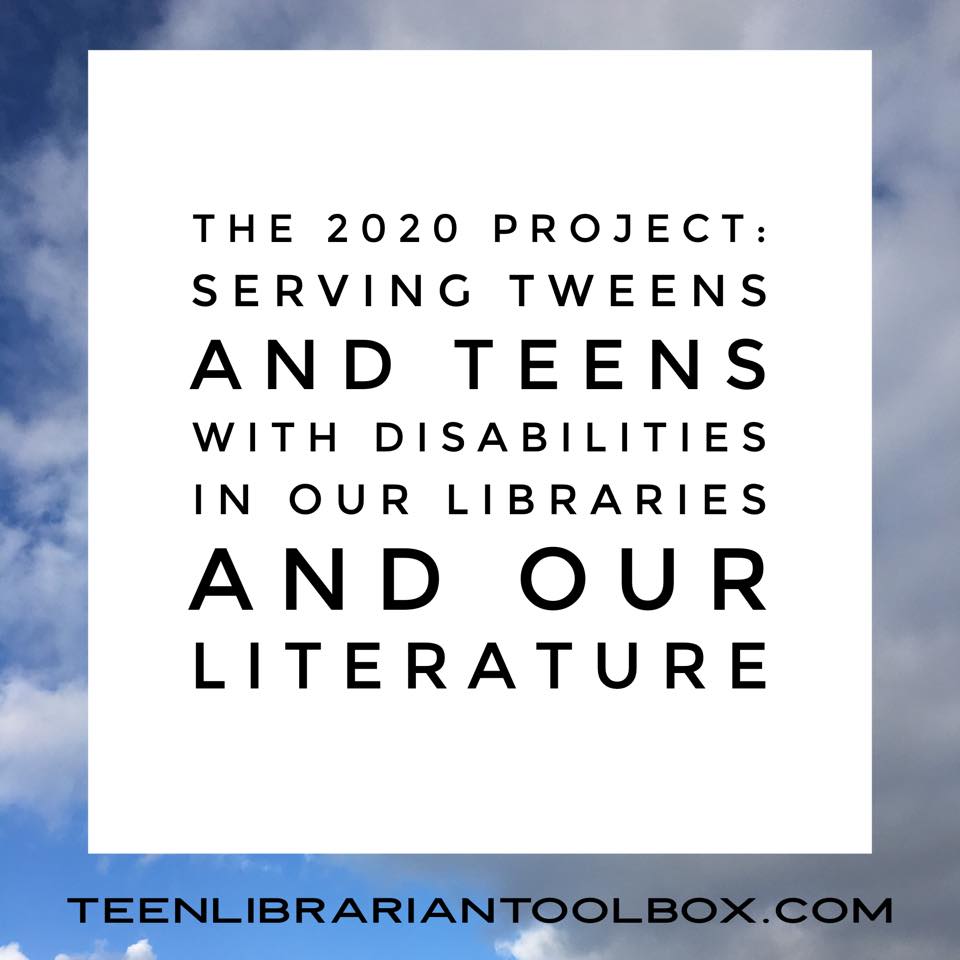
What would you do if your child’s ADHD and dyslexia meant he hated reading and writing so much that he would try every diversion possible to avoid it: sharpening pencils ten times, hiding under a table, and even crying? If you’re author Rick Riordan, you write stories in which the main character has those very same conditions — but also make that character a demigod.
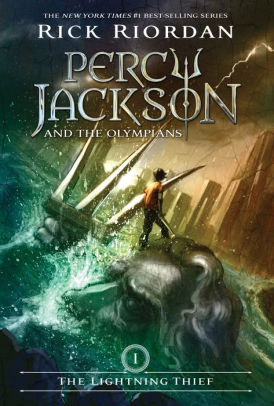
The stories, with their mythical tapestry — which Riordan wove when he ran out of bedtime stories for his son, Haley — became the best-selling Percy Jackson series. Although the protagonist Percy calls himself “hyperactive,” he soon discovers that he is descended from a Greek god and must save the world. The series puts a spotlight on a few of the abilities that people with ADHD often possess: creativity, spontaneity, a sense of humor.
ADVERTISEMENT
ADVERTISEMENT
Of course, most children with ADHD don’t have parents who write bestsellers. According to a 2016 Centers for Disease Control and Prevention study, more 6 million American children, ages 2–17, have an ADHD diagnosis; more than 3 million of them are adolescents. And unfortunately popular culture often perpetuates negative stereotypes, painting kids with ADHD as loud, unable to sit still, and even academically challenged. Not everyone fits that picture, though, and some teen and YA fiction portrays the condition with authenticity. Beyond that, many teens with ADHD gravitate toward libraries — not just because they love to read, but because the atmosphere often serves as the ideal place for them to shine.
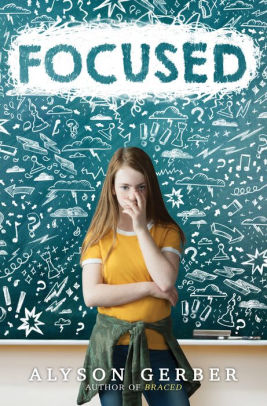
One novel that rings true is Focused by Alyson Gerber, which tells the story of Clea, a seventh-grader who struggles to pay attention and discovers she has ADHD. She gets distracted when she should be doing homework, she can’t seem to stay organized, she blurts out comments without thinking. She also loves playing chess. The book’s author draws on her own experience to allow readers a glimpse inside the mind of a teen who is gifted but finds school and friendships challenging.
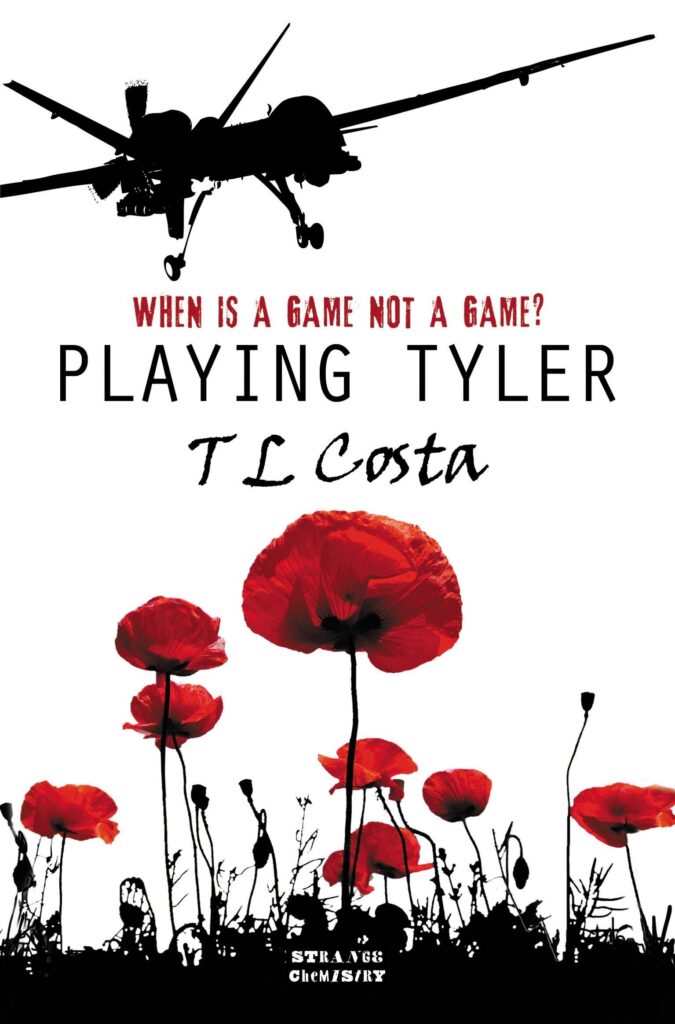
The YA novel Playing Tyler by T.L. Costa is the story of 17-year-old Tyler, a boy who has ADHD. His condition forms an integral part of the novel, and his character’s narration reflects his state of mind. When he’s not medicated, Tyler speaks in run-on sentences without punctuation — a convention that some readers find compelling and some find jarring. But rather than dwelling on only the challenges of living with ADHD, the book shows how teens can succeed when they hone in on pursuits that can sustain their interest, such as video games.
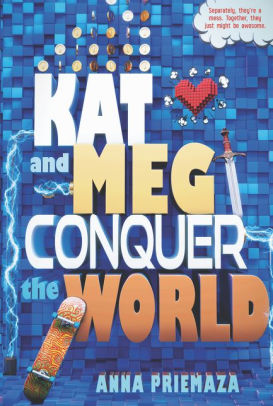
Kat and Meg Conquer the World by Anna Priemaza introduces readers to two tenth-grade girls: Kat, who has anxiety, and Meg, who has ADHD. The story allows readers inside the characters’ heads, and the details resonate with readers who have ADHD or anxiety, which often coexist. The story also delves into the social challenges that ADHD can present while showing how empowering friendships can be.
Unlike today’s teen and YA fiction, which puts ADHD front and center, classic novels often feature characters who have ADHD-like traits but don’t spell it out.

Consider Anne Shirley (in the Anne of Green Gables series by Lucy Maud Montgomery). She’s impetuous and dramatic, with an intense curiosity and a tendency to blurt out things before thinking. While she’s impulsive and talkative, Anne is also charismatic and resourceful.

Or take Roald Dahl’s Willy Wonka, the eccentric recluse with a solitary nature. He’s clearly a visionary thinker with a taste for adventure — plus he loves candy, perhaps a nod to the fact that people with ADHD often enjoy the rush of a sugar high (maybe to compensate for the shortage of the “feel good” neurotransmitters of dopamine and serotonin in their brains).

The Calvin character in Bill Watterson’s much-loved Calvin and Hobbes comic strip shows the razor-sharp wit that can come with ADHD. Sure, Calvin has some fantastical daydreams and draws plenty of ire from his teachers. But he’s clearly intelligent, with a dazzling imagination that helps him get through the hum-drum days of school and home.

Sir Arthur Conan Doyle’s Sherlock Holmes epitomizes the brilliant yet absentminded professor: His apartment is full of unfinished projects; he has trouble remembering appointments. Yet he solves crimes by noticing details that neurotypical people — those without ADHD — miss.
Besides offering vivid portrayals of people with ADHD, books like these have a fascinating effect on teens who may find it challenging to sit still in class: they can focus for hours. What’s more, a library can actually serve as the perfect environment for teens with ADHD.
Jennifer Kelly Geddes outlines some tips for accommodating students with ADHD in a School Library Journal article titled “How Librarians Help Kids With ADHD Thrive.” Here are a few more ideas especially for teens.
Offer a variety of seating options. Some teens with ADHD have sensory issues, too (for example, they might not like tags on clothes or may complain that some socks are itchy). So if you can, include nontraditional seating options like recliners, swivel chairs, or standing desks. You may even want to consider offering sensory cushions.
Minimize clutter. Teens with ADHD have a hard time ignoring sensory input, including visual stimuli. So although reading and study spaces don’t need to have colorless blank walls, try to avoid having multiple things compete for a student’s attention. These updated versions of the study carrel offer privacy as well as enough space for, say, a laptop.
Limit noise. Teens with ADHD don’t necessarily need complete silence to focus; some of them actually find that listening to music can help them study. But they may be easily distracted in an environment with lots of talking (or other background noise). Consider creating a designated “quiet zone” in your library.
Allow them to move. Teens with ADHD need movement breaks sometimes. (Don’t we all?) Having students help with physical tasks like shelving books or unpacking boxes can help them burn off some of their restless energy until they’re ready to sit down again.
ADVERTISEMENT
ADVERTISEMENT
Consider allowing gum and/or candy, Yes, they can be sticky, but mints and gum can help people with ADHD focus. (Just be sure to set some ground rules and have wastebaskets nearby.)
Offer different types of materials. Your library undoubtedly already includes e-books, audiobooks, and video, in addition to traditional printed materials. To engage students with ADHD, you may want to add an area that allows teens with ADHD to use their hands while on a “brain break”: jigsaw puzzles, Legos — even a maker lab, if you have the space and funds.
Making your library a welcoming space for students with ADHD — especially if they’re able to see accurate, positive, and even entertaining portrayals of characters like themselves — will not only help them become better readers. It may just bring out their superpowers.
For more seating ideas (and other tips), check out “17 Ways to Help Students With ADHD Concentrate.”
Meet Kirsten Lambert

Kirsten Lambert is a Chicago-based writer who tackles topics such as health care, technology, music, and parenting. She’s a regular contributor to the Chicago Reader newspaper, and her essay “Signs in Bloom” appears in the 2019 Chicago Neighborhood Guidebook, which offers snapshots of 45 Chicago neighborhoods as told by the residents of those neighborhoods. To see more of her work, check out her website (watermarkcommunications.com), connect with her on LinkedIn (https://www.linkedin.com/in/kirstenslambert) or follow her on Twitter: @KirstenSLambert.
Filed under: Guest Post
About Amanda MacGregor
Amanda MacGregor works in an elementary library, loves dogs, and can be found on Twitter @CiteSomething.
ADVERTISEMENT
ADVERTISEMENT
SLJ Blog Network
The Moral Dilemma of THE MONSTER AT THE END OF THIS BOOK
Cover Reveal and Q&A: The One and Only Googoosh with Azadeh Westergaard
K is in Trouble | Review
Parsing Religion in Public Schools
ADVERTISEMENT



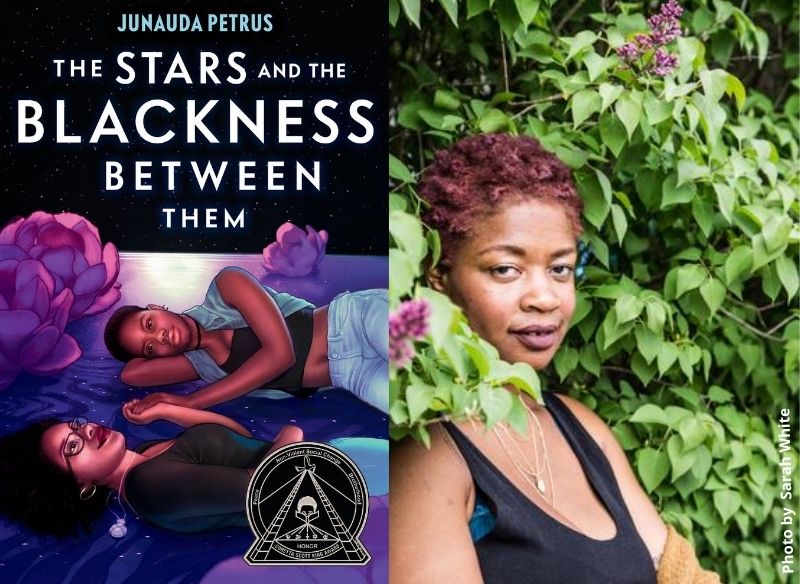



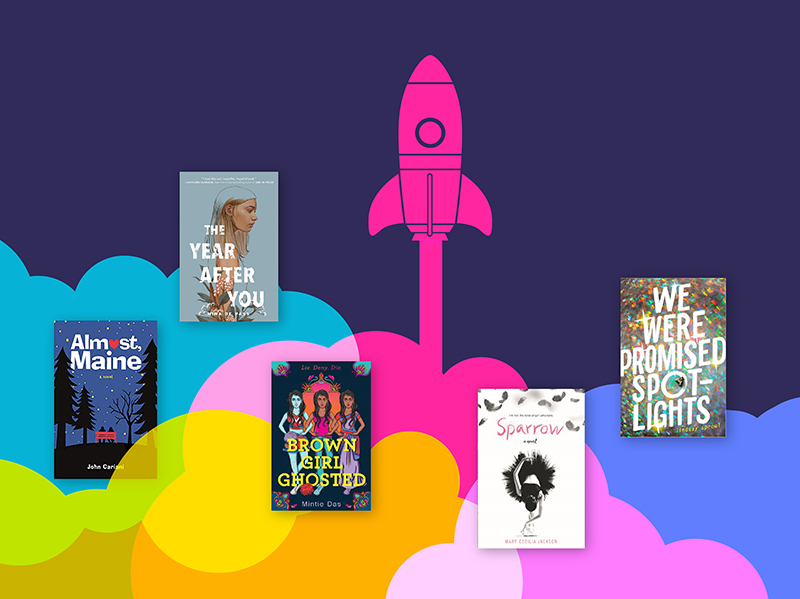
One more book rec. from an ADHD librarian: Tim Federle’s The Great American Whatever. It captures another common diagnostic cross-over, ADHD and depression (and queer rep to boot). I cried because it captured what was in my head so well.
And to further the gum tip: use a different flavor for each subject! It really helps for information recall during testing.